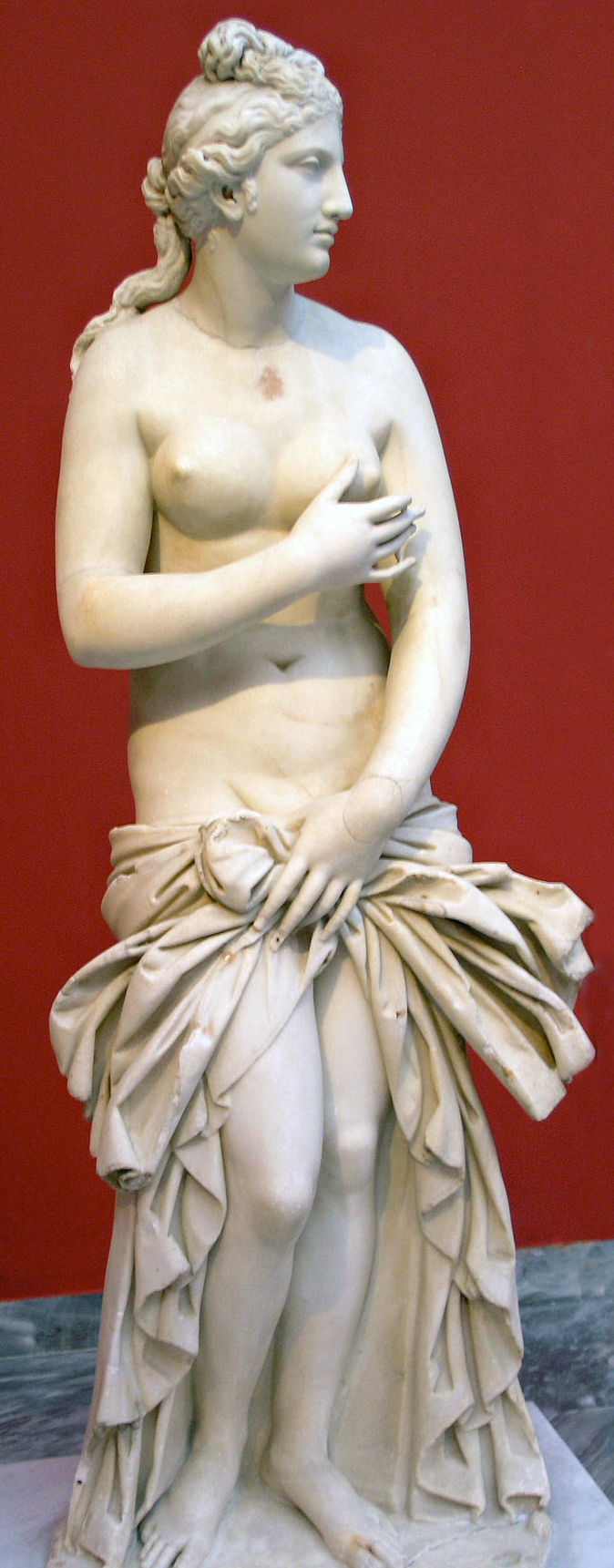|
Matton (mythology)
Matton (Ancient Greek: Μάττων) in Greek mythology is a hero of the meal, specifically the kneading of dough. The 2nd-century author Athenaeus refers to Matton in his ''Deipnosophistae'', saying, "Polemo says that in Munychia a hero is honoured of the name of Acratopotes and that among the Spartans statues of the heroes Matton and Ceraon were erected by some cooks in the hall of the Phiditia." See also * Ceraon * Deipneus * List of Greek mythological figures The following is a list of gods, goddesses, and many other divine and semi-divine figures from ancient Greek mythology and ancient Greek religion. Immortals The Greeks created images of their deities for many purposes. A temple would house the ... References {{Reflist Characters in Greek mythology ... [...More Info...] [...Related Items...] OR: [Wikipedia] [Google] [Baidu] |
Ancient Greek
Ancient Greek includes the forms of the Greek language used in ancient Greece and the ancient world from around 1500 BC to 300 BC. It is often roughly divided into the following periods: Mycenaean Greek (), Dark Ages (), the Archaic period (), and the Classical period (). Ancient Greek was the language of Homer and of fifth-century Athenian historians, playwrights, and philosophers. It has contributed many words to English vocabulary and has been a standard subject of study in educational institutions of the Western world since the Renaissance. This article primarily contains information about the Epic and Classical periods of the language. From the Hellenistic period (), Ancient Greek was followed by Koine Greek, which is regarded as a separate historical stage, although its earliest form closely resembles Attic Greek and its latest form approaches Medieval Greek. There were several regional dialects of Ancient Greek, of which Attic Greek developed into Koine. Dia ... [...More Info...] [...Related Items...] OR: [Wikipedia] [Google] [Baidu] |
Greek Mythology
A major branch of classical mythology, Greek mythology is the body of myths originally told by the Ancient Greece, ancient Greeks, and a genre of Ancient Greek folklore. These stories concern the Cosmogony, origin and Cosmology#Metaphysical cosmology, nature of the world, the lives and activities of List of Greek mythological figures, deities, Greek hero cult, heroes, and List of Greek mythological creatures, mythological creatures, and the origins and significance of the ancient Greeks' own cult (religious practice), cult and ritual practices. Modern scholars study the myths to shed light on the religious and political institutions of ancient Greece, and to better understand the nature of myth-making itself. The Greek myths were initially propagated in an oral tradition, oral-poetic tradition most likely by Minoan civilization, Minoan and Mycenaean Greece, Mycenaean singers starting in the 18th century BC; eventually the myths of the heroes of the Trojan War and its after ... [...More Info...] [...Related Items...] OR: [Wikipedia] [Google] [Baidu] |
Ceraon
Ceraon (Ancient Greek: Κεραων; aka Keraon) in Greek mythology A major branch of classical mythology, Greek mythology is the body of myths originally told by the ancient Greeks, and a genre of Ancient Greek folklore. These stories concern the origin and nature of the world, the lives and activities ... is a demi-god of the meal, specifically the mixing of wine. {{Quotation, Polemos says that in Mounykhia (Munychia) honours are paid to a hero Akratopotes (Drinker of Unmixed Wine), and that among the Spartans statues of heroes named Matton (Kneader) and Keraon (Ceraon) (Mixer) have been set up by certain cooks in the public mess. In Akhaia (Achaea), also, Deipneus, who got his name from deipna (Dinners), is held in honour., Athenaeus, Deipnosophistae 1. 39c - 39d (trans. Gullick) (Greek rhetorician 2nd to 3rd centuries AD) See also * Deipneus Greek gods ... [...More Info...] [...Related Items...] OR: [Wikipedia] [Google] [Baidu] |
Deipneus (mythology)
Deipneus ( grc, Δειπνεύς) in Greek mythology is a demi-god of the preparation of meals, specifically the making of bread. He was revered in Achaea. See also * Ceraon * Matton * List of Greek mythological figures The following is a list of gods, goddesses, and many other divine and semi-divine figures from ancient Greek mythology and ancient Greek religion. Immortals The Greeks created images of their deities for many purposes. A temple would house the ... References Greek gods {{Greek-deity-stub ... [...More Info...] [...Related Items...] OR: [Wikipedia] [Google] [Baidu] |
List Of Greek Mythological Figures
The following is a list of gods, goddesses, and many other divine and semi-divine figures from ancient Greek mythology and ancient Greek religion. Immortals The Greeks created images of their deities for many purposes. A temple would house the statue of a god or goddess, or multiple deities, and might be decorated with relief scenes depicting myths. Divine images were common on coins. Drinking cups and other vessels were painted with scenes from Greek myths. Major gods and goddesses Greek primordial deities Titans and Titanesses The Titan gods and goddesses are depicted in Greek art less commonly than the Olympians. File:Eos Memnon Louvre G115.jpg, Eos (Dawn) and the hero Memnon (490–480 BC) File:Ilion---metopa.jpg, Helios in his four-horse chariot (3rd century BC) File:0029MAN-Themis.jpg, Themis, from the Temple of Nemesis (ca. 300 BC) File:Antakya Arkeoloji Muzesi 02366 nevit.jpg, Oceanus wearing crab-claw horns, with Tethys ( Roman-era mosaic) File:Creation Promethe ... [...More Info...] [...Related Items...] OR: [Wikipedia] [Google] [Baidu] |

